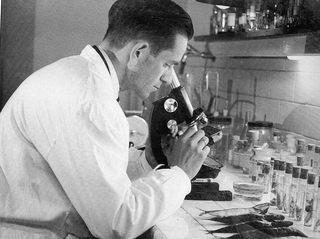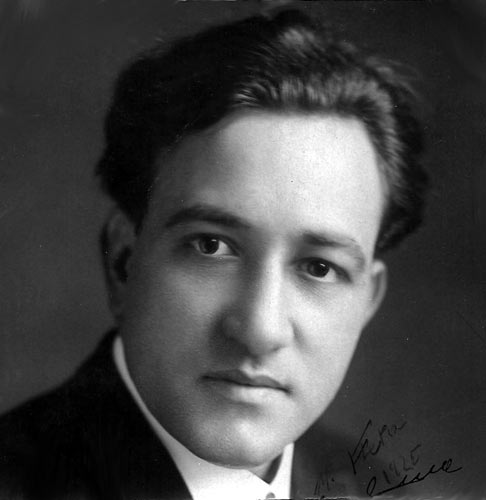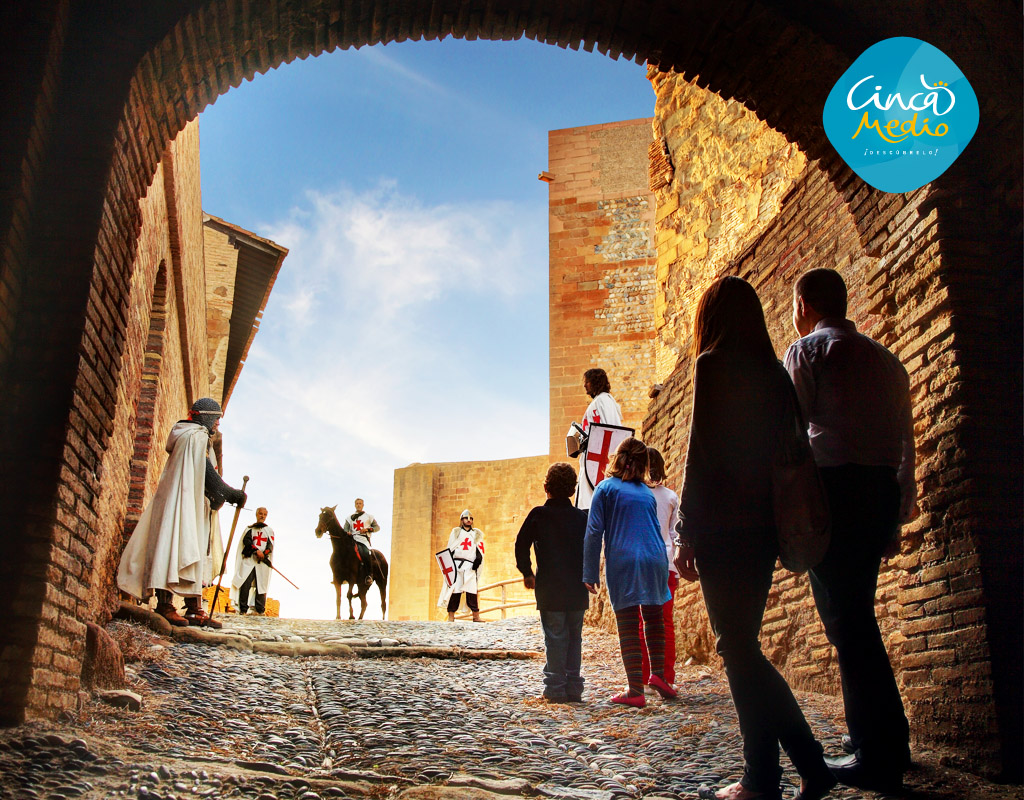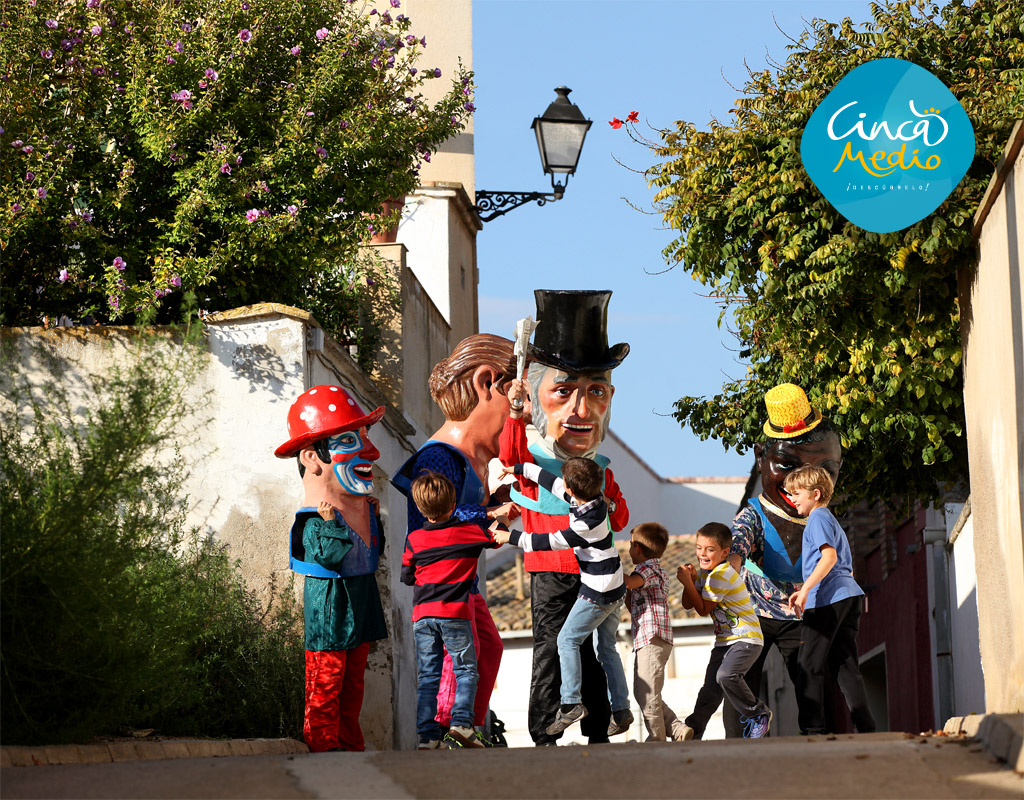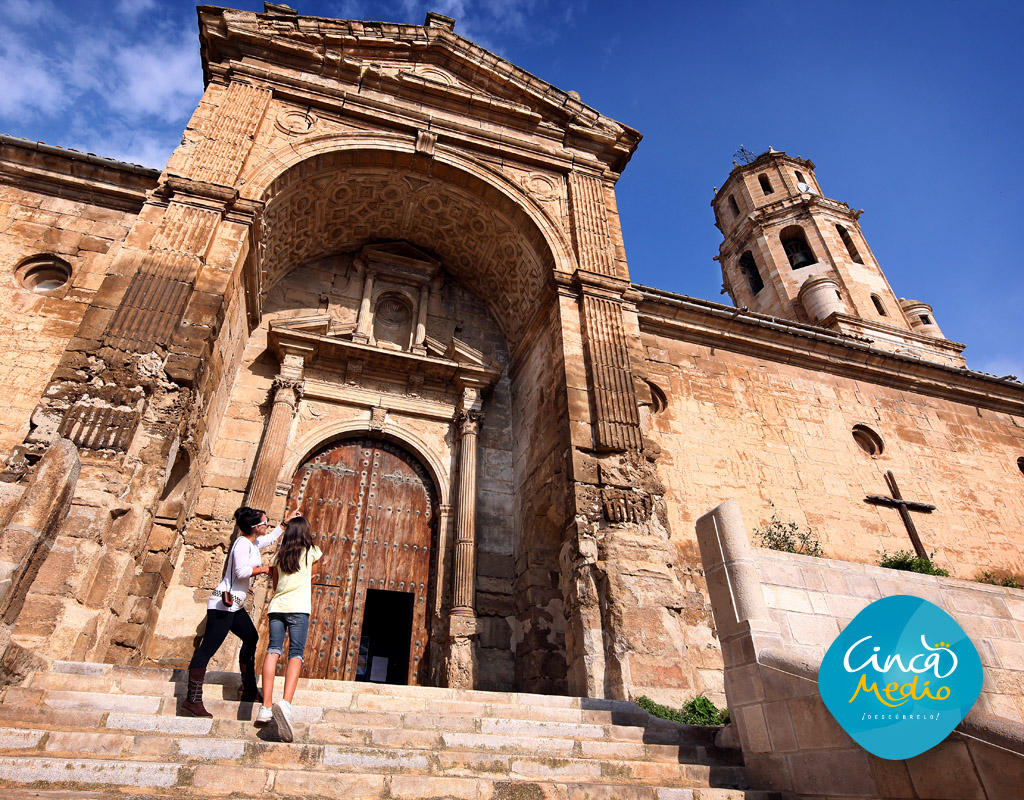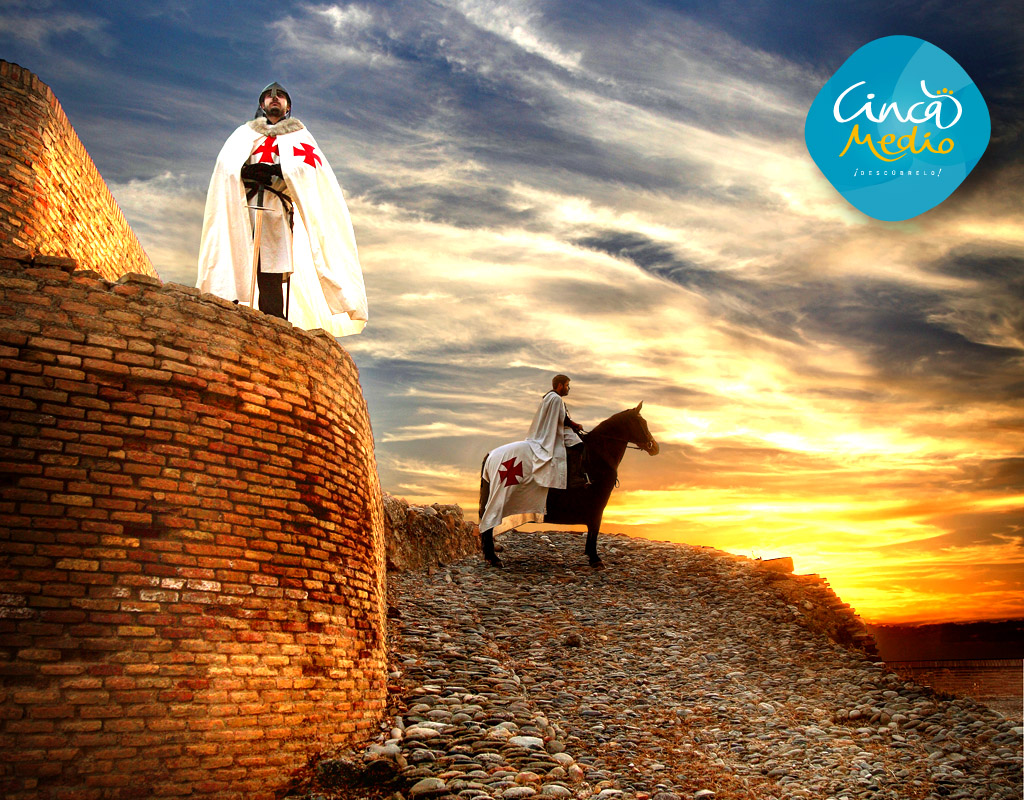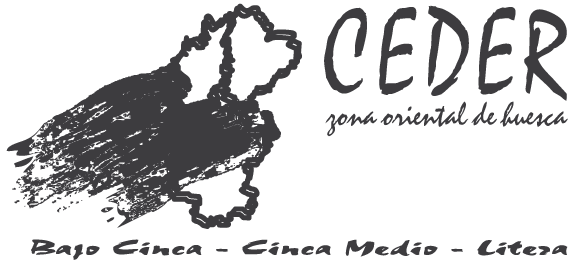Biologist and researcher born in 1920. He was a Doctor of biological sciences at the University of Barcelona and researcher at the Patronato Juan de la Cierva, the Spanish Institute of Oceanography and laboratories of Santander, Malaga and Palma de Mallorca.
He created the first biological fisheries research and worked in the laboratories of Blanes, Castellón and Barcelona. He was part of the Boards of Juan de la Cierva, the Royal Spanish Society of Natural History, the International Oceanographic Foundation of the USA and the European Mariculture Society.
He is author of numerous works in journals around the world. For his remarkable research work he received the “Entrustment of Alfonso X the Wise” and the “Marquis of Suanzas" awards.
He died in 2001.



 Albalate de Cinca
Albalate de Cinca
